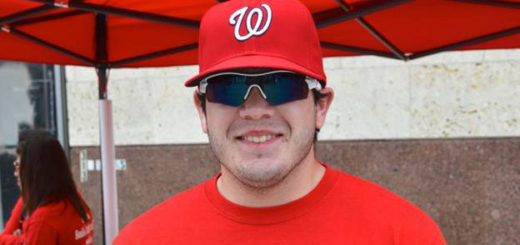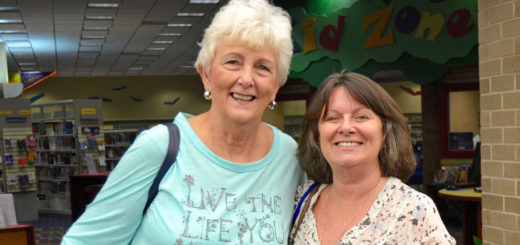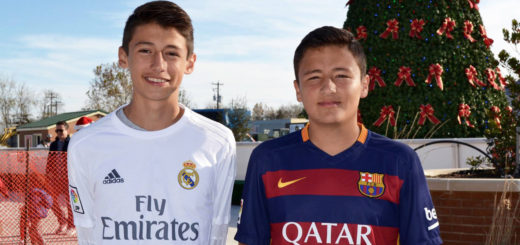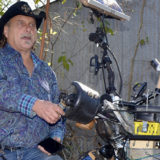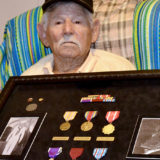TIE program sets positive course for young men
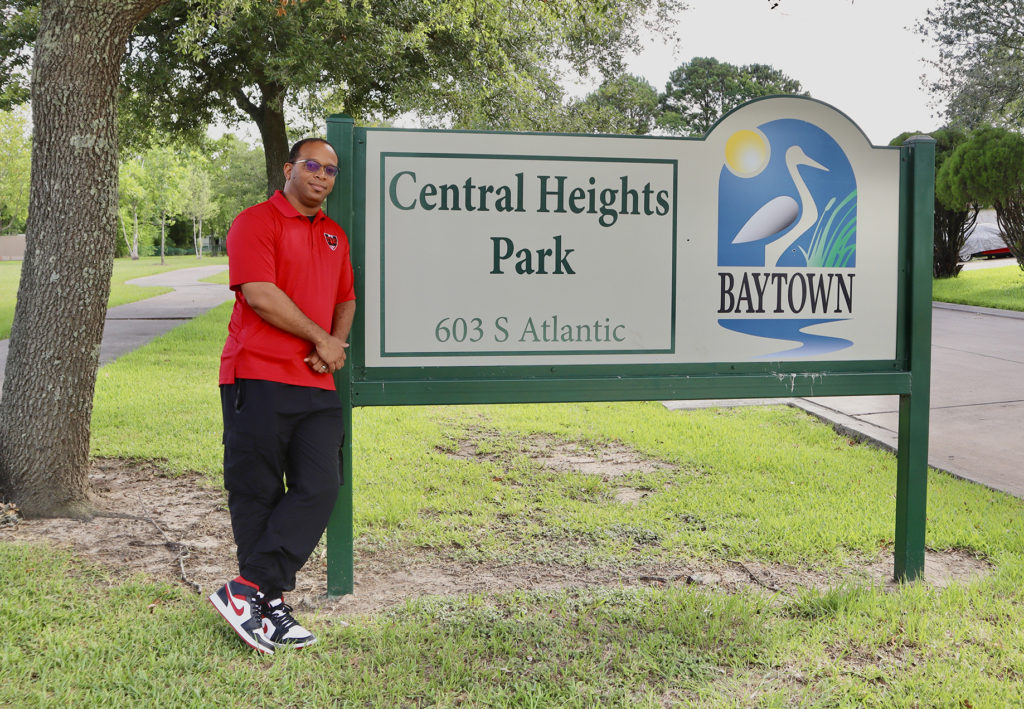
“In the early ‘90s, Central Heights was the type of neighborhood where you would get off the school bus, do your homework, and come to the park to play ball until the street lights came on. It was a tough neighborhood, with rivalries and occasional fights. Not the gun violence you see today. You would fight, take your licks, and get up to play again.
“You built mental toughness out here. It’s where I learned everything. There was a church next door. So those are probably the two biggest foundations for my life: church and the playground.
“There were elements of drug dealing and violence. But overall, this was a good place to grow up: good foundation, good principles, people helping each other.
“I was fortunate to have mentors. My dad exposed me to certain things, like opportunities to play sports. I had coaches and principals who looked out for me. They saw something in me, and gave me an extra push to help me out.
“But as I got into education, I began noticing things that were missing the mark. Things we weren’t teaching students. Like, no one ever sat me down and talked about finances: credit, the difference between rent and mortgage, ownership versus working for someone. No one ever showed me how a job application works. No one taught us etiquette, like how to open doors for someone. Everything I learned about dating was from my fellas, or watching my parents or other relationships. But there were no lessons or classes for it.
“One of my best friends from this neighborhood — talented athlete, smart, funny, good looking — died at a young age. I feel like the big thing missing for some of my friends who died or went to jail were the opportunities, the exposure.
“There are young people today with million dollar minds, but they have a small town mentality. They think they can’t do anything else. But you can. You can travel. You can come back and give back. There are so many opportunities available. But until you know, you don’t know. So I decided to do something about it.”
Heron launched the TIE program — Thomas Institute of Excellence — in 2018 as a way to mentor young men.
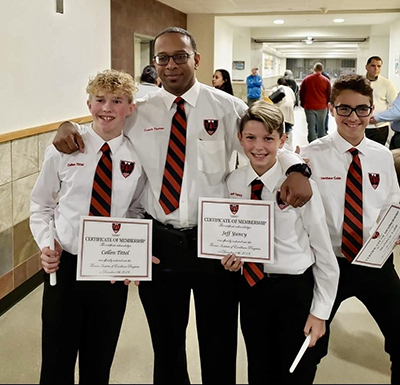
Showing them the way
“Everything we do in the TIE program is built on excellence, and a model of service before self. A big component is exposing these young men to all the opportunities available to them. We let them meet business owners, and give them the blueprint for what they can aspire to do with their lives.
“What I try to teach the kids that I didn’t get as a young child is the power of relationships. Everywhere we visit has either a tie to myself or the hometown community. Putting them in front of successful people who ran the same streets, hung out at the same parks, went to the same schools, shows them that, hey, you can do this, too. There’s nothing stopping you.
“We take trips. We do community service. We expose them to all types of experiences, like fine dining. We’ve had dinners at places like Del Frisco, Steak 48 and Taste Bar.
“And then just giving them opportunities to look good. A lot of these kids have never worn a nice shirt and tie. The effect they see when they dress up and walk into a place, the attention that turns on them, is awesome.
“They love pulling up to restaurants and seeing the nice vehicles, and enjoying nice meals. Not saying you have to live that type of lifestyle. I’m good eating off a food truck, but I do like a nice steak sometimes. But I know that if they aspire to be like that, we have to teach them now what it takes. You can’t wait until they’re 25 and struggling and say, you should have done this and that. We have to give them the ‘how’ and ‘why’ at an early age.
“Hopefully, the program will grow, and we’ll be able to be a blessing to more students. That’s really my goal: to be a positive influence for as many kids as possible. That’s all I really care about, giving kids an opportunity. When you know better, you do better.
“I just pray God continues to bless me, so I can continue to bless my community. This is home. This is where the seeds were planted. I consider everyone who comes from here just another branch on that family tree that I can help.”
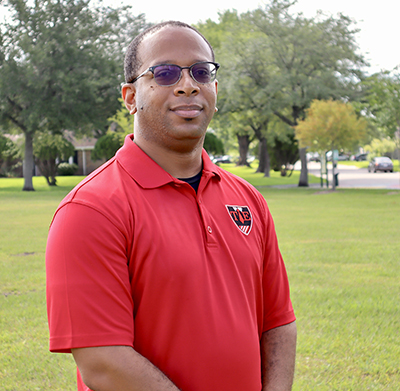
Taking time to listen
Heron also is principal of the Eagle Positive Intervention Center in Barbers Hill ISD. The student-centered program focuses on academics, discipline and structure. Its mission is to provide an environment where students will recognize they have the ability to learn, add value and have worth.
“I feel like I have the best job on the planet. I just love it. I’m able to reach kids that a lot of people can’t reach. It’s always been my forte. I’m kind of like a child whisperer.
“It’s just being vulnerable and open to provide students an opportunity to be heard. Sometimes as adults, we want to force things on students without ever actually giving them the opportunity to speak. You have to see where they’re coming from. You have to be relatable. And they have to know that you care.
“My biggest thing is, I show up. When my kids need me, I’m there. I don’t care if it’s a sporting event or dance recital. Or it can be difficult situations with parents. I’m just going to show up.
“That’s the most important thing. Kids have to know that you care about them. Once they know I’ll show up in that way, they’ll do anything for you.”

